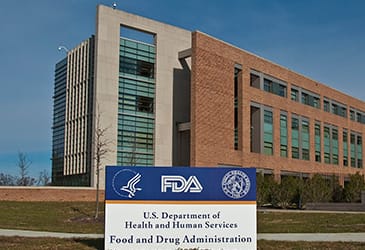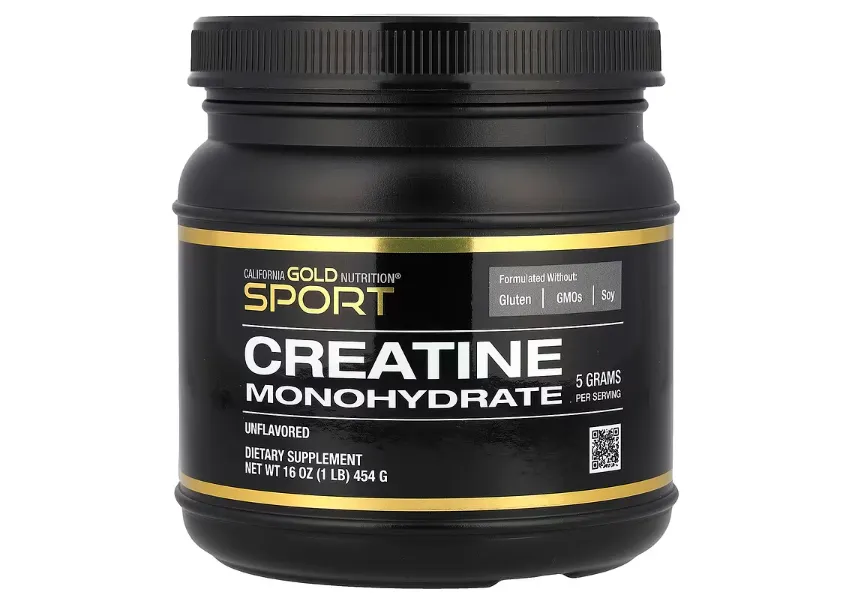SILVER SPRING, Md. — FDA commissioner Scott Gottlieb, issued the following statement on new steps to advance agency’s continued evaluation of potential regulatory pathways for cannabis-containing and cannabis-derived products:

“In recent years, we’ve seen a growing interest in the development of therapies and other FDA-regulated consumer products derived from cannabis (Cannabis sativa L.) and its components, including cannabidiol (CBD). This interest spans the range of product categories that the agency regulates. For example, we’ve seen, or heard of interest in, products containing cannabis or cannabis derivatives that are marketed as human drugs, dietary supplements, conventional foods, animal foods and drugs, and cosmetics, among other things. We also recognize that stakeholders are looking to the FDA for clarity on how our authorities apply to such products, what pathways are available to market such products lawfully under these authorities, and how the FDA is carrying out its responsibility to protect public health and safety with respect to such products.
Interest in these products increased last December when Congress passed the Agriculture Improvement Act of 2018 (the 2018 Farm Bill). Among other things, this law established a new category of cannabis classified as “hemp” – defined as cannabis and cannabis derivatives with extremely low (no more than 0.3 percent on a dry weight basis) concentrations of the psychoactive compound delta-9-tetrahydrocannabinol (THC). The 2018 Farm Bill removed hemp from the Controlled Substances Act, which means that it is no longer a controlled substance under federal law.
At the same time, Congress explicitly preserved the FDA’s current authority to regulate products containing cannabis or cannabis-derived compounds under the Federal Food, Drug, and Cosmetic Act (FD&C Act) and section 351 of the Public Health Service Act. In doing so, Congress recognized the agency’s important public health role with respect to all the products it regulates. This allows the FDA to continue enforcing the law to protect patients and the public while also providing potential regulatory pathways, to the extent permitted by law, for products containing cannabis and cannabis-derived compounds.
When the 2018 Farm Bill became law, I issued a statement explaining the FDA’s current approach to these products and our intended next steps. Consistent with the approach and commitments described in that statement, today the FDA is announcing a number of important new steps and actions to advance our consideration of a framework for the lawful marketing of appropriate cannabis and cannabis-derived products under our existing authorities. These new steps include:
- A public hearing on May 31, as well as a broader opportunity for written public comment, for stakeholders to share their experiences and challenges with these products, including information and views related to product safety.
- The formation of a high-level internal agency working group to explore potential pathways for dietary supplements and/or conventional foods containing CBD to be lawfully marketed; including a consideration of what statutory or regulatory changes might be needed and what the impact of such marketing would be on the public health.
- Updates to our webpage with answers to frequently asked questions on this topic to help members of the public understand how the FDA’s requirements apply to these products.
- The issuance of multiple warning letters to companies marketing CBD products with egregious and unfounded claims that are aimed at vulnerable populations.
Ultimately, we remain committed to exploring an appropriate, efficient and predictable regulatory framework to allow product developers that meet the requirements under our authorities to lawfully market these types of products. The actions we’re announcing today will allow us to continue to clarify our regulatory authority over these products and seek input from a broad range of stakeholders and examine a variety of approaches and considerations in the marketing and regulation of cannabis or cannabis-derived products, while continuing to protect the public’s health and safety.
The FDA, an agency within the U.S. Department of Health and Human Services, protects the public health by assuring the safety, effectiveness, and security of human and veterinary drugs, vaccines and other biological products for human use, and medical devices. The agency also is responsible for the safety and security of our nation’s food supply, cosmetics, dietary supplements, products that give off electronic radiation, and for regulating tobacco products.”




